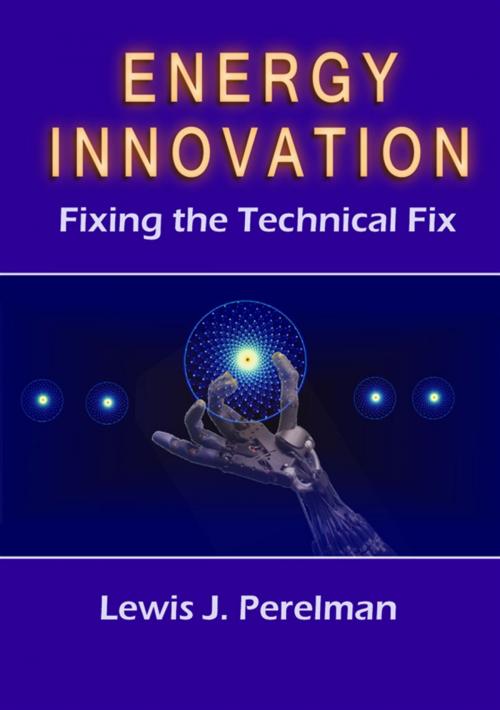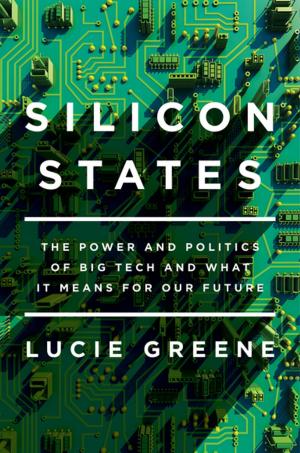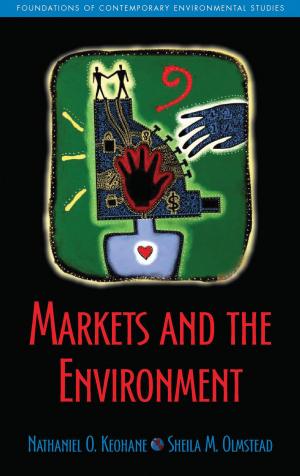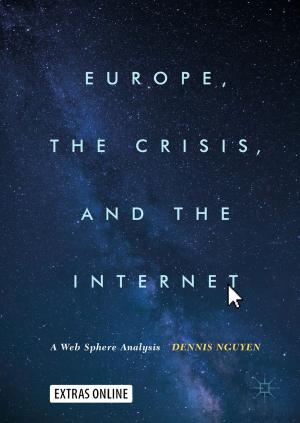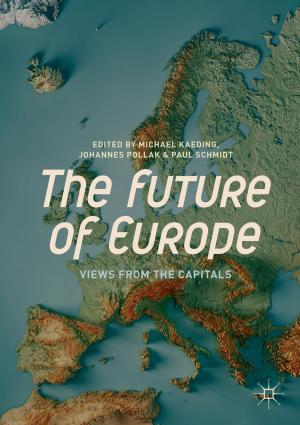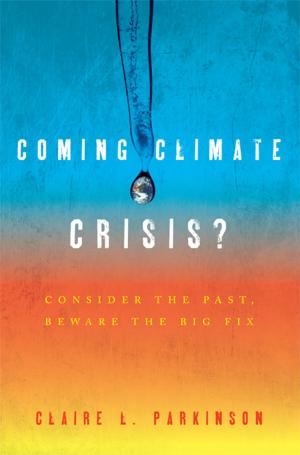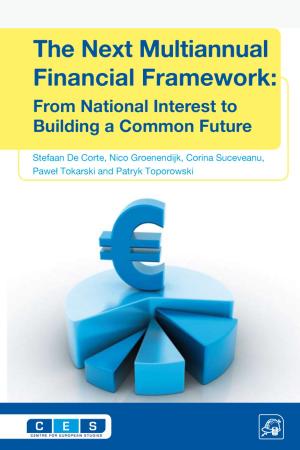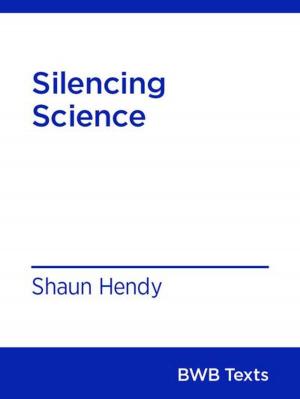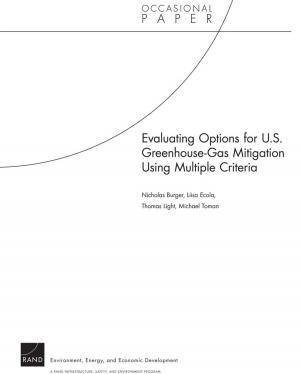Energy Innovation: Fixing the Technical Fix
Nonfiction, Science & Nature, Technology, Power Resources, Social & Cultural Studies, Political Science, Government, Public Policy| Author: | Lewis Perelman | ISBN: | 9780985519612 |
| Publisher: | Lewis Perelman | Publication: | June 12, 2012 |
| Imprint: | Smashwords Edition | Language: | English |
| Author: | Lewis Perelman |
| ISBN: | 9780985519612 |
| Publisher: | Lewis Perelman |
| Publication: | June 12, 2012 |
| Imprint: | Smashwords Edition |
| Language: | English |
Energy policy is a mess: a tangle of interconnected problems stirred by competing political agendas. Whether it’s soaring fuel prices, noxious pollution, climate worries, security risks, or threats to the economy and jobs, energy politics are vexed by the tendency of single-issue solutions to make other problems worse.
Many look to technology to break the logjam. But current energy technology mostly is either cheap or “clean”—not both.
With "Energy Innovation," Lewis J. Perelman builds on the emerging consensus of leading analysts who insist that accelerating innovation to create new, breakthrough technology is essential to resolving the mess of energy-related problems.
Yet Perelman warns that achieving really effective technical fixes is easier said than done. Simply throwing more money at R&D is not the answer. The author lists a number of real-world hurdles to creating useful innovations—including corruption, special interest lobbying, money and budget issues, tensions between government and private sector roles, and political instability. And financially strapped governments simply may not have the money others have called for.
To fix the technical fix, Perelman proposes a Plan B strategy for innovation-on-a-budget. Plan B begins with the recognition that a big energy innovation program need not be big in cost to the public treasury to be big in the scope of its reach, engagement, diversity, and impacts.
Instead, Plan B emphasizes decentralizing and opening up energy innovation efforts to broad, international participation by individuals, businesses, philanthropies, and nongovernment/nonacademic organizations—taking full advantage of the mesh of modern information technology.
In Perelman’s prescription, the open innovation model increasingly being applied in both science and industry provides the key to untangling the energy policy mess. Recent experience shows that open crowdsourcing can produce solutions in as little as days to problems that have stumped experts for years.
Applying social and political realism to the big picture of technical challenges, "Energy Innovation" provides an original, timely roadmap toward a more energy-secure global economy.
Energy policy is a mess: a tangle of interconnected problems stirred by competing political agendas. Whether it’s soaring fuel prices, noxious pollution, climate worries, security risks, or threats to the economy and jobs, energy politics are vexed by the tendency of single-issue solutions to make other problems worse.
Many look to technology to break the logjam. But current energy technology mostly is either cheap or “clean”—not both.
With "Energy Innovation," Lewis J. Perelman builds on the emerging consensus of leading analysts who insist that accelerating innovation to create new, breakthrough technology is essential to resolving the mess of energy-related problems.
Yet Perelman warns that achieving really effective technical fixes is easier said than done. Simply throwing more money at R&D is not the answer. The author lists a number of real-world hurdles to creating useful innovations—including corruption, special interest lobbying, money and budget issues, tensions between government and private sector roles, and political instability. And financially strapped governments simply may not have the money others have called for.
To fix the technical fix, Perelman proposes a Plan B strategy for innovation-on-a-budget. Plan B begins with the recognition that a big energy innovation program need not be big in cost to the public treasury to be big in the scope of its reach, engagement, diversity, and impacts.
Instead, Plan B emphasizes decentralizing and opening up energy innovation efforts to broad, international participation by individuals, businesses, philanthropies, and nongovernment/nonacademic organizations—taking full advantage of the mesh of modern information technology.
In Perelman’s prescription, the open innovation model increasingly being applied in both science and industry provides the key to untangling the energy policy mess. Recent experience shows that open crowdsourcing can produce solutions in as little as days to problems that have stumped experts for years.
Applying social and political realism to the big picture of technical challenges, "Energy Innovation" provides an original, timely roadmap toward a more energy-secure global economy.
